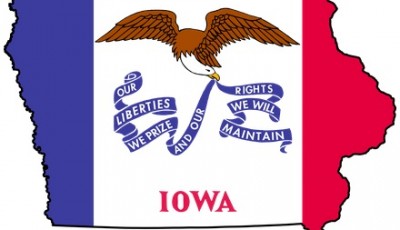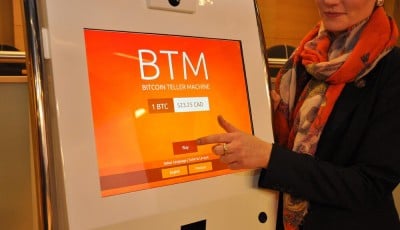Treasury’s Cohen Says Regulations Will Help Bitcoin
 According to the United States Treasury Department’s official dealing with money laundering, having governmental regulation and supervision placed on digital currencies will be advantageous because it will add credibility to the market.
According to the United States Treasury Department’s official dealing with money laundering, having governmental regulation and supervision placed on digital currencies will be advantageous because it will add credibility to the market.
David S. Cohen, the undersecretary for terrorism and financial intelligence said yesterday, March 18th during a speech at the New York headquarters of Bloomberg News,
“Financial transparency can help bring stability to the virtual currency market and security to its users and investors. That is what we are trying to do through sensible, flexible and, to use a word from the tech world, scalable regulation.”
Around the globe, the dilemma of the governments continues. They are struggling to properly categorize digital currencies such as bitcoin. Many have tried to limit the payment system such as officials in China, Russia, and Israel.
On the other hand, Jacob J. Lew, the Treasury Secretary of the U.S, said in January that the United States needed more time to fully understand and evaluate this new phenomenon. Further explaining the reason for requiring time, he said that it was to make certain that digital currencies were not used for illicit purposes.
At the same time, according to Cohen, the U.S government did not find proof of prevalent use of digital currencies such as bitcoin to fund terrorism or dodge sanction. He said,
“Terrorists generally need ‘real’ currency, not virtual currency, to pay their expenses – such as salaries, bribes, weapons, travel, and safe houses.”
Additionally, commenting on “transparency and innovation,” Cohen said that to be on the safe side the government will always choose transparency over innovation.
A member of the digital currency community will be part of the Treasury’s Bank Secrecy Act Advisory Group. They will help in making more “informed and more effective” regulations, said Cohen. The additional member remains unnamed as of yet. The Treasury has advised financial leaders to come up with ways to prevent illegal use of digital currencies instead of producing technology that provides a cover up for criminals.
Bitcoin, at its core, is a transparent digital currency with a public ledger in place which records all transactions ever made. The part of the network that the government is iffy about is that transactions can be made under pseudonyms and the real person is hidden from sight.
With due time, the hope is that people will become more understanding of digital currencies and its function.












